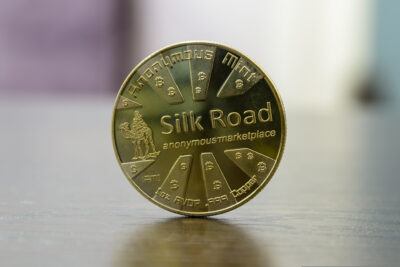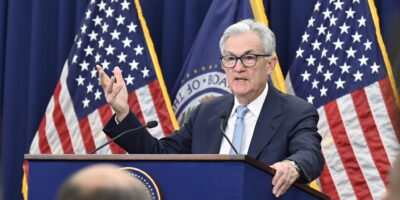The Silk Road trial
On October 2nd, 2013, FBI agents arrested Ross William Ulbricht as he sat—computer open— at the Glen Park Library in San Francisco. Alleged to be Silk Road founder, Dread Pirate Roberts, Ulbricht has been charged with narcotics conspiracy, engaging in a continuing criminal enterprise, conspiracy to commit computer hacking, and money laundering conspiracy.
According to the Manhattan U.S. Attorney:
To date, approximately 173,991 bitcoins (worth over $150 million at present exchange rates) have been seized in the course of the investigation, including approximately 29,655 bitcoins recovered from servers used to run the Silk Road website, and approximately 144,336 bitcoins recovered from computer hardware belonging to ULBRICHT seized upon his arrest.
The Silk Road Trial is currently underway. Tech Crunch recaps week 1. Ars Technica is providing excellent coverage (see: here, here, and here.) As is Forbes, thanks in large part to Sarah Jeong (you can follow here on Twitter for real time analysis).
The Silk Road— which Gawker has described as “the Amazon of drugs”— was arguably instrumental in the early success of bitcoin. I’ve blogged in the past about private efforts to promote bitcoin and public efforts to dissuade its use. And I’ve written elsewhere about its similarities to the concept of memory in monetary economics, the challenges it faces, and the likelihood that it will become a major currency.
It is not clear how the outcome of the Silk Road Trial will affect the bitcoin market. The price of bitcoin is lower than it has been in recent months. Yet, venture capitalists seem to be optimistic over the long run. And even Fed officials are talking about bitcoin. If nothing else, it gives hope to those of us interested in monetary alternatives. The Dread Pirate Roberts— and other bitcoin proponents— have shown us that such alternatives are not inconceivable.









